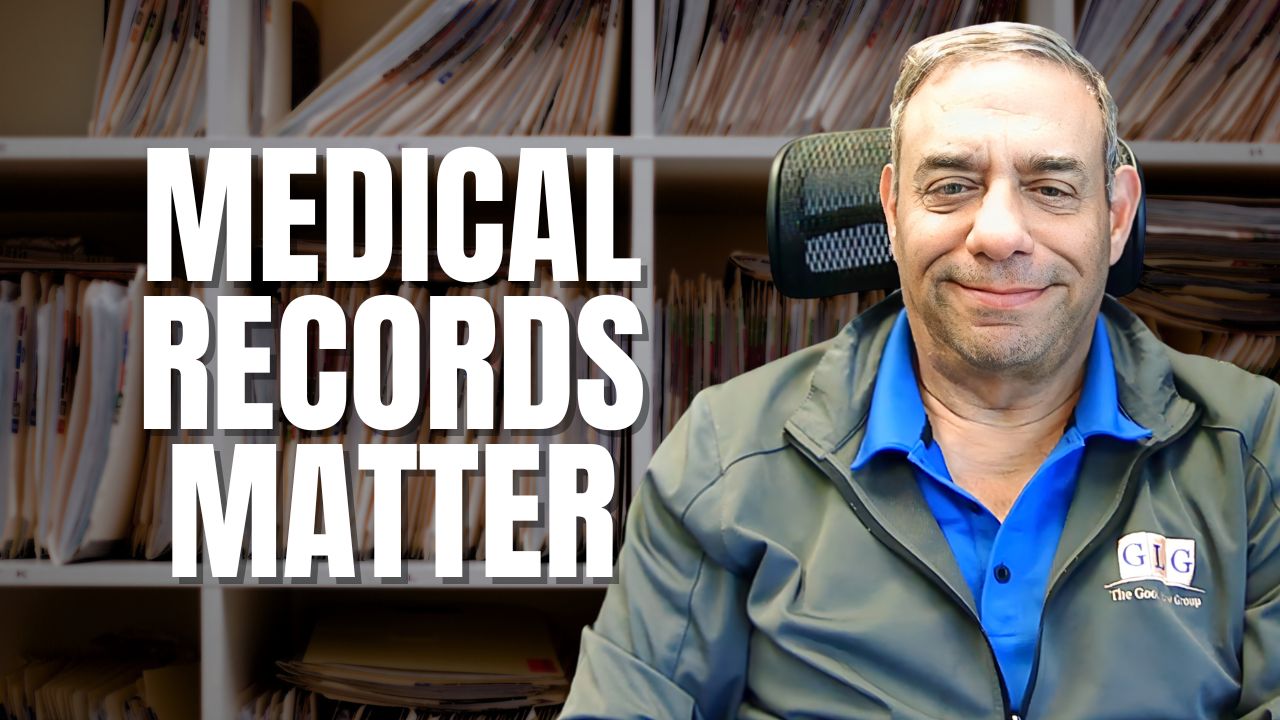When a medical condition or disability suddenly interferes with your ability to work, one of the first concerns is: “How will I support myself and my family?” Thankfully, numerous public and private benefits programs exist to provide monthly benefits that help bridge the gap.
One of these is the Social Security Disability Insurance (SSDI) program, a federal program administered by the Social Security Administration (SSA). The SSDI program is funded with taxpayer contributions via payroll or self-employment taxes. Like all benefits programs, the SSDI program has certain criteria applicants must meet to be eligible for monthly benefits.
Sufficient work credits
Social security disability is like any other insurance program, in that eligibility for benefits requires that you have “paid into the system.” Just like an insurance company will not pay benefits to repair storm damage to your home if you don’t have a policy, the SSD program won’t pay benefits if you have insufficient work credits.
Credits are assigned based on your income, and you can earn a maximum of four per year. The number of credits you need to qualify for SSD benefits varies depending on age, but generally, you need 40 credits to qualify, and 20 of those must have been earned in the 10 years preceding your disability.
Substantial Gainful Activity
Social security disability isn’t paid to just anybody whose disability or medical condition interferes with their ability to work; it is only paid to people who are unable to participate in what the SSA calls substantial gainful activity (SGA). Substantial gainful activity is the maximum amount you can earn per month and be eligible for SSD benefits, and it changes annually. In 2022, the SSA considers substantial gainful activity to be monthly earnings of more than $1,350 per month ($2,260 if you are blind). If you exceed this amount, you will be ineligible for SSD benefits, even if you meet all the other eligibility criteria.
There are exceptions to the SGA rules. Certain income, like alimony, is not considered income for SGA purposes. If your monthly earnings exceeded the SGA threshold but you worked irregular hours or required accommodations, the SSA can exclude that income for purposes of determining whether you can participate in substantial gainful activity.
Disabling Condition
Once it is determined that you have sufficient work credits and that your monthly earnings do not exceed the SGA threshold, the SSA will determine whether you meet its disability criteria. The SSA Blue Book contains more than 100 conditions that it considers disabling. Each of these conditions has a specific set of medical criteria you must meet before the SSA will consider you disabled. Conditions also require certain medical proof in the form of diagnostic tests, labs, MRIs, etc. – a simple doctor’s note stating “Patient has been diagnosed with XX condition” is not good enough.
The Blue Book covers each of the major bodily symptoms and includes conditions such as:
- Amputations, fractures, soft tissue injury, or reconstructive surgery.
- Loss of speech, hearing loss, and difficulties with vision.
- Cystic fibrosis, asthma, and lung transplants.
- Heart transplant, heart failure, and symptomatic congenital heart disease.
- Inflammatory bowel disease, gastrointestinal hemorrhaging, or weight loss due to any digestive disorder.
- Chronic kidney disease.
- Disorders of bone marrow failure and anemias.
- Burns, photosensitivity disorders, and chronic infections of the skin or membranes.
- Endocrine disorders.
- Congenital disorders.
- Epilepsy, brain tumors, and cerebral palsy.
- Schizophrenia, autism, personality disorders, and intellectual disability.
- Cancer.
- Lupus, inflammatory arthritis, and other immune system disorders.
However, it is not enough to simply meet a Blue Book listing. Many people with disabilities and other medical conditions can work, and others are only unable to work temporarily. Social security disability is only paid for total disability. If you must miss work for 6 weeks while you recover from open heart surgery, you will not qualify for SSDI, even if you met all the Blue Book criteria for that condition. Instead, the disability or medical condition must have lasted, or be expected to last, for 12 months or longer or result in your death.
Inability to do other work
Eligibility for SSD benefits requires that you be unable to perform any work, not just your current job. When determining eligibility, the SSA will look at your work history to see whether you could perform any job you held in the prior 15 years. For example, if your current job requires frequent travel and you are unable to drive, the SSA will look to see whether you could return to any of your previous jobs that did not require driving.
If you can’t do any of the work you’ve done previously, the SSA will determine whether you could do any other work, taking into consideration your age, education, and skills/experience. The SSA won’t require that you take any available job; instead, it must be one aligned with your experience and education. If you worked in construction, the SSA will not say you could work as a computer programmer. They may, however, say that you can work as an instructor at a trade school or a supervisory position that doesn’t require heavy lifting or the operation of machinery. If you are near retirement age and could do other work, but for the fact that it requires computer skills you don’t have and would take time to learn, the SSA is unlikely to consider that as appropriate employment.
Contact The Good Law Group for Help
The disability attorneys at The Good Law Group have more than 30 years experience handling social security disability cases at every stage of the process. Whether you need assistance completing your SSD benefits application or preparing for an administrative hearing, our SSD attorneys can help. Call us at 800-419-7606 to schedule a free case consultation. If we accept your case, there is no fee unless you are awarded benefits.









